You Must Remember This is a podcast dedicated to the "secret and/or forgotten histories of Hollywood's first century." Each week, host Karina Longworth takes you on a journey down Memory's walk of fame, but an episode from last year particularly grabbed my attention.
Over the weekend, we celebrated the Supreme Court's decision to let us live our goddamn lives serendipitously along with New York Pride -- the annual commemoration of the 1969 Stonewall Riots, which ignited the modern gay civil rights movement.
Garland's death and susequent funeral has long been cited as the match that lit the spark of the Riots, though as Longworth discusses, that's not necessarily the case.
Related | The History of Pride in 60 Seconds
Nor is it that far from the truth.
As a gay icon, Garland looms large till this day thanks to a series of legendary comebacks that paved the yellow brick road for every diva that followed. Her vulnerability, courage, deceptive strength and -- above all -- her talent, endeared her to gay audiences. And (if we're being real) as did her constant struggles with her weight, drugs and alcohol. What can I say, the gays love a beautiful mess.
Speaking of which, there's also Judy's perhaps greatest gift to the gays:

Garland was also one of the first entertainers to acknowledge and embrace her gay audience, as she did during a 1965 press conference in San Francisco when asked how she felt about them.
"I couldn't care less," she said. "I sing to people!"

Related | Judy and 'The Homosexuals' In 1967
Judy Garland was and is the OG gay icon and somehow her death coinciding with the birth of the LGBT rights movement seems oddly, albeit sadly, appropriate.
Take a listen to the heartbreaking tale of a little girl with a big voice who just wanted to be loved and how she came to be loved by generations of people -- gay and straight and everywhere in between -- below:




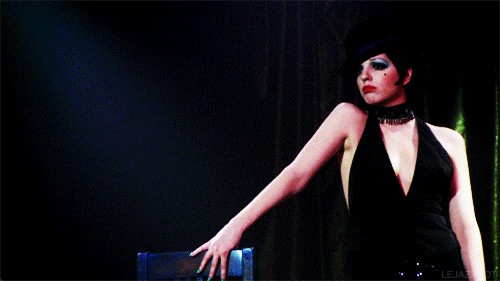
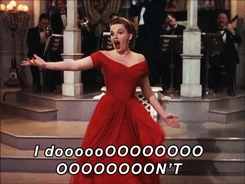















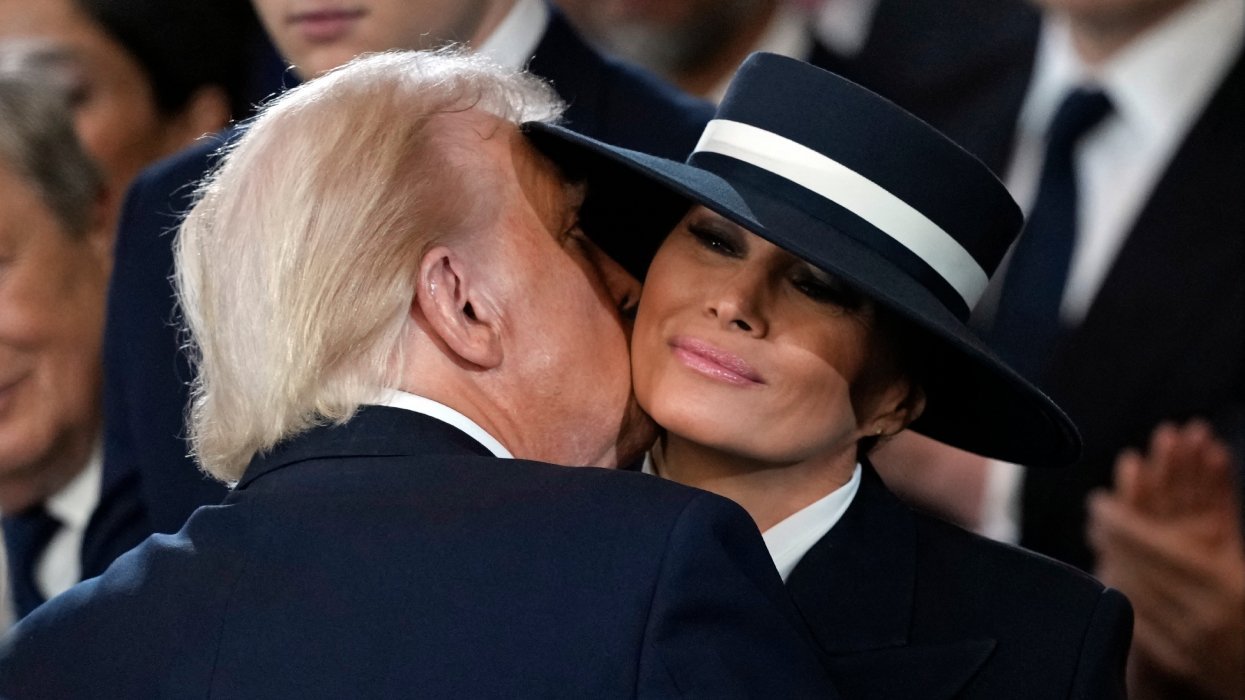


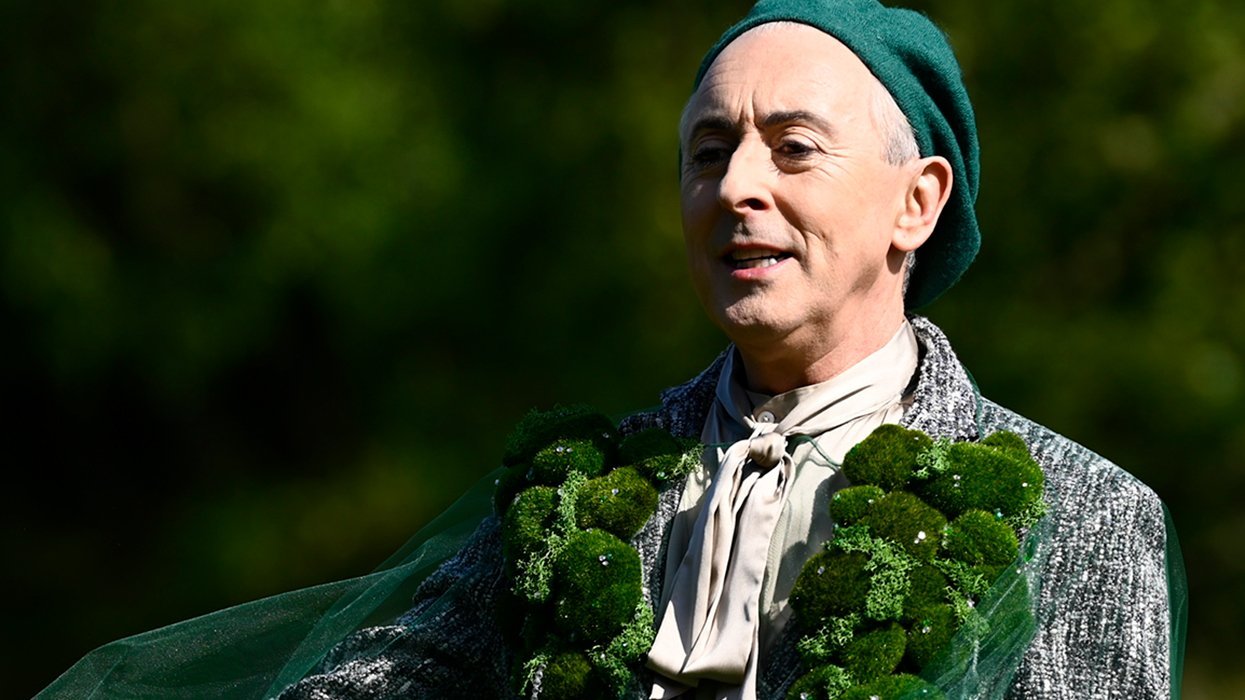
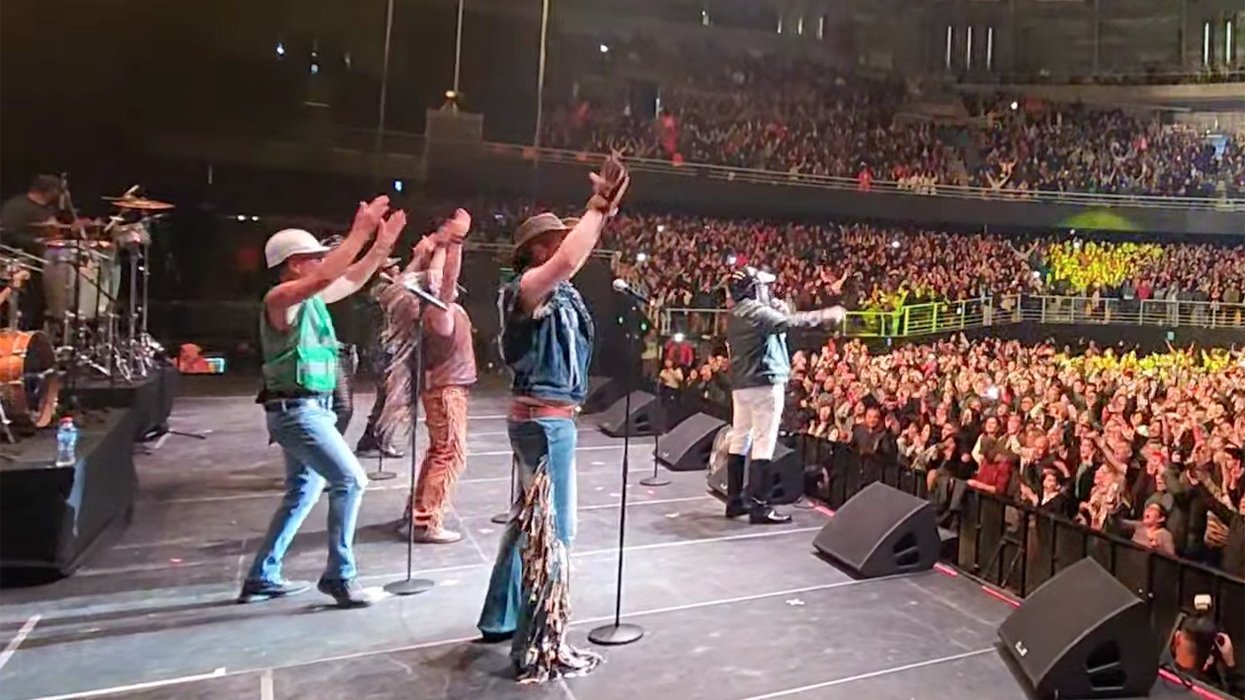

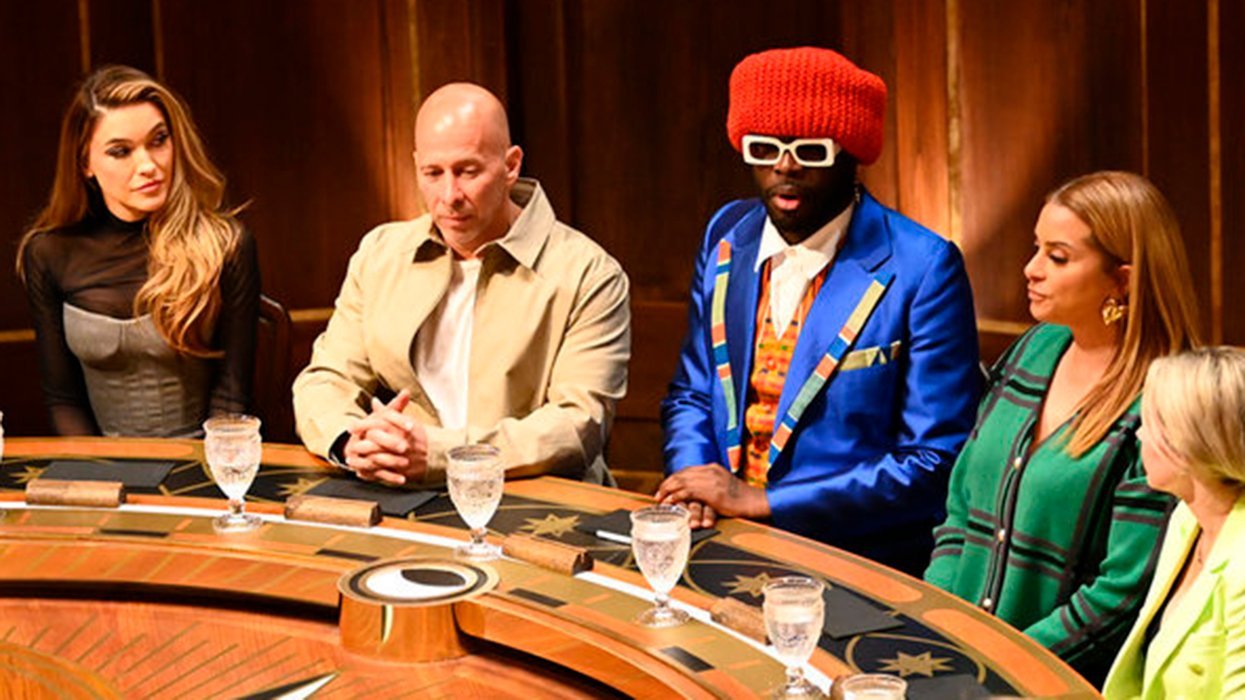
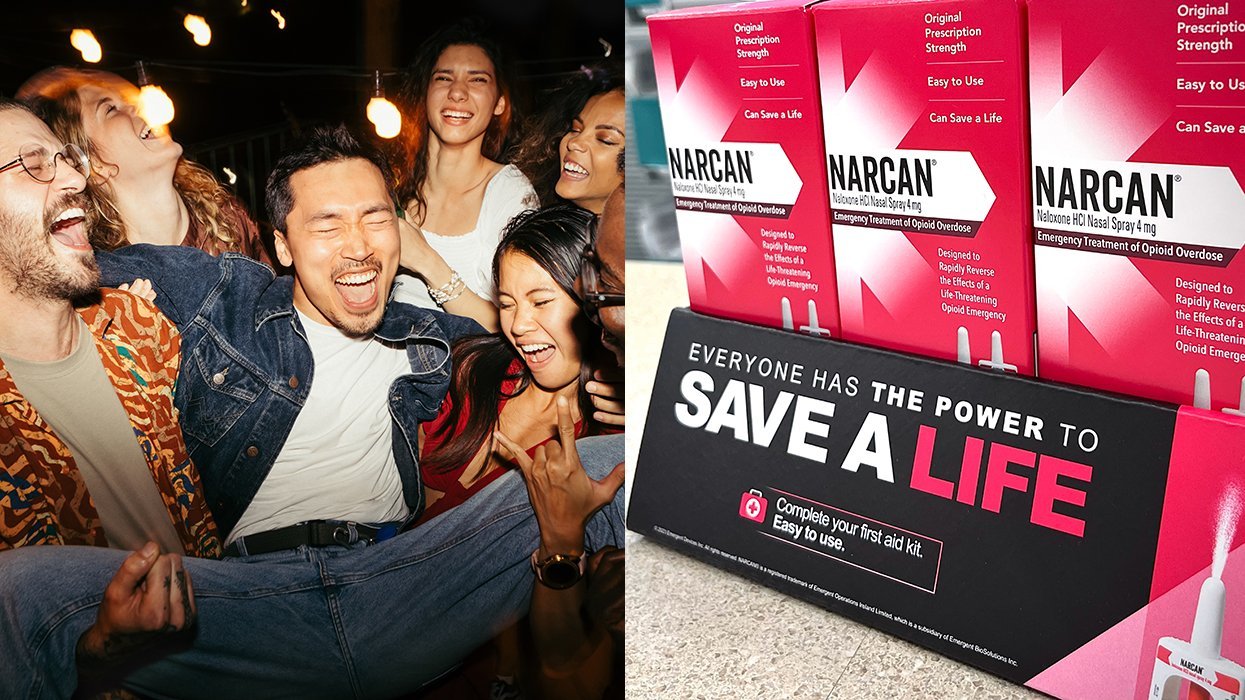
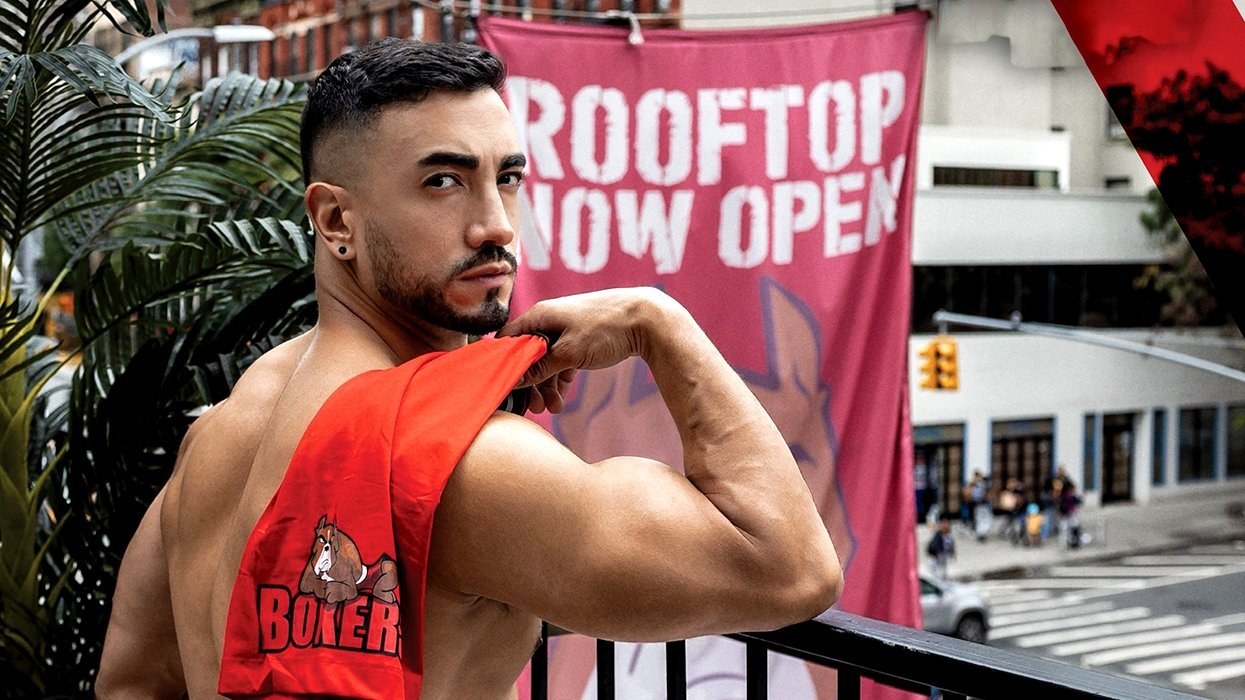
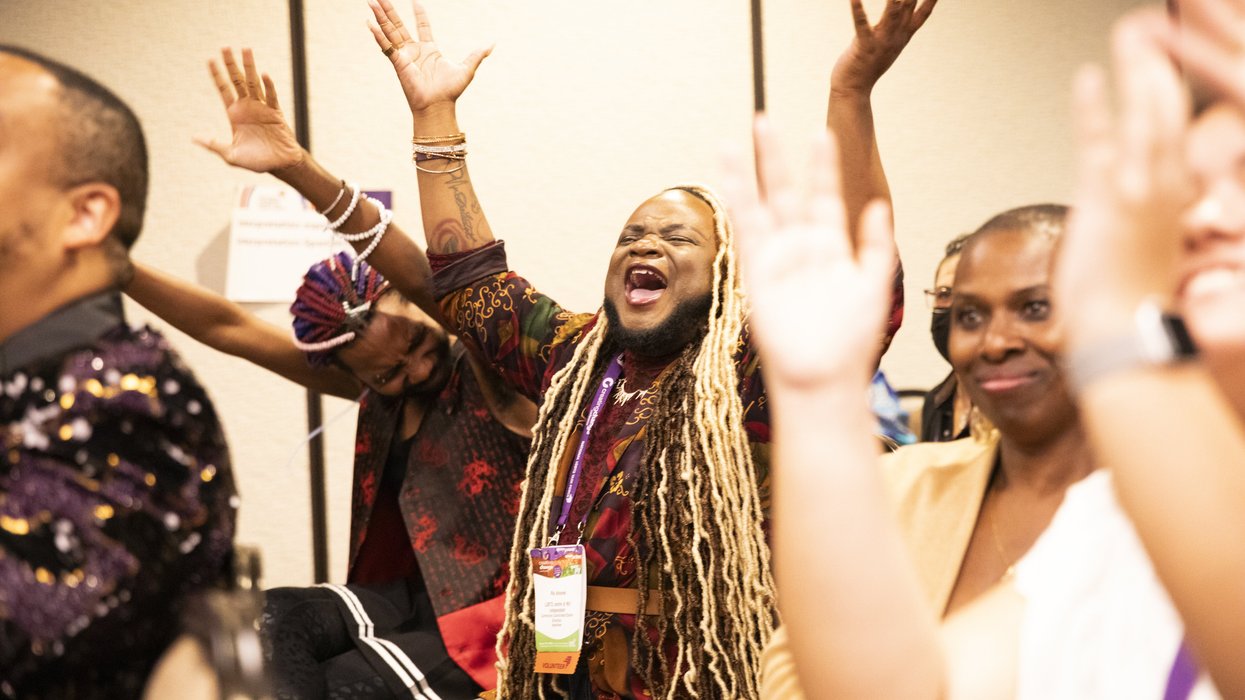
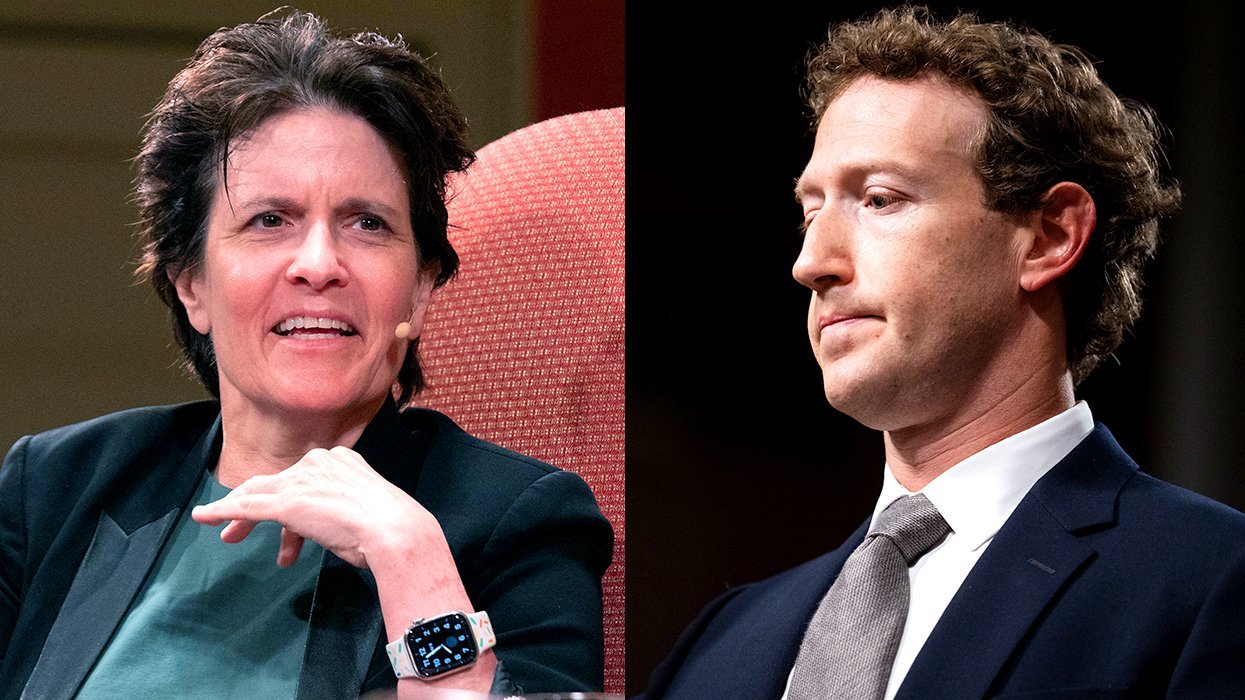
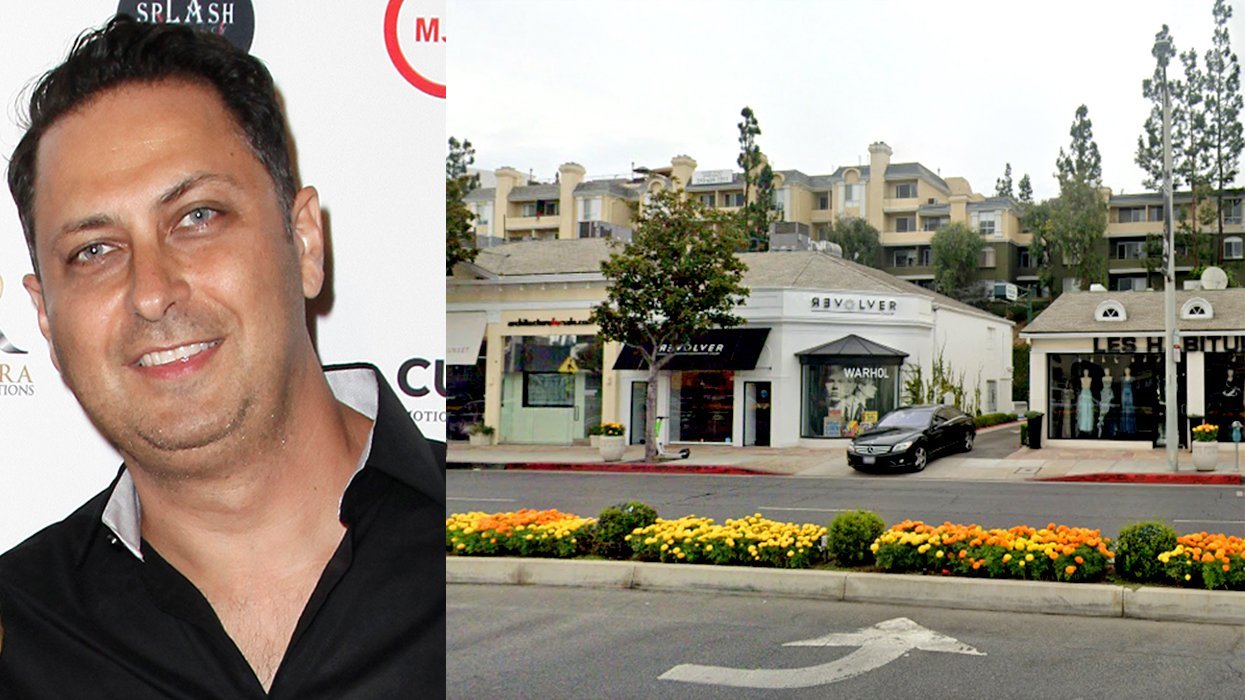
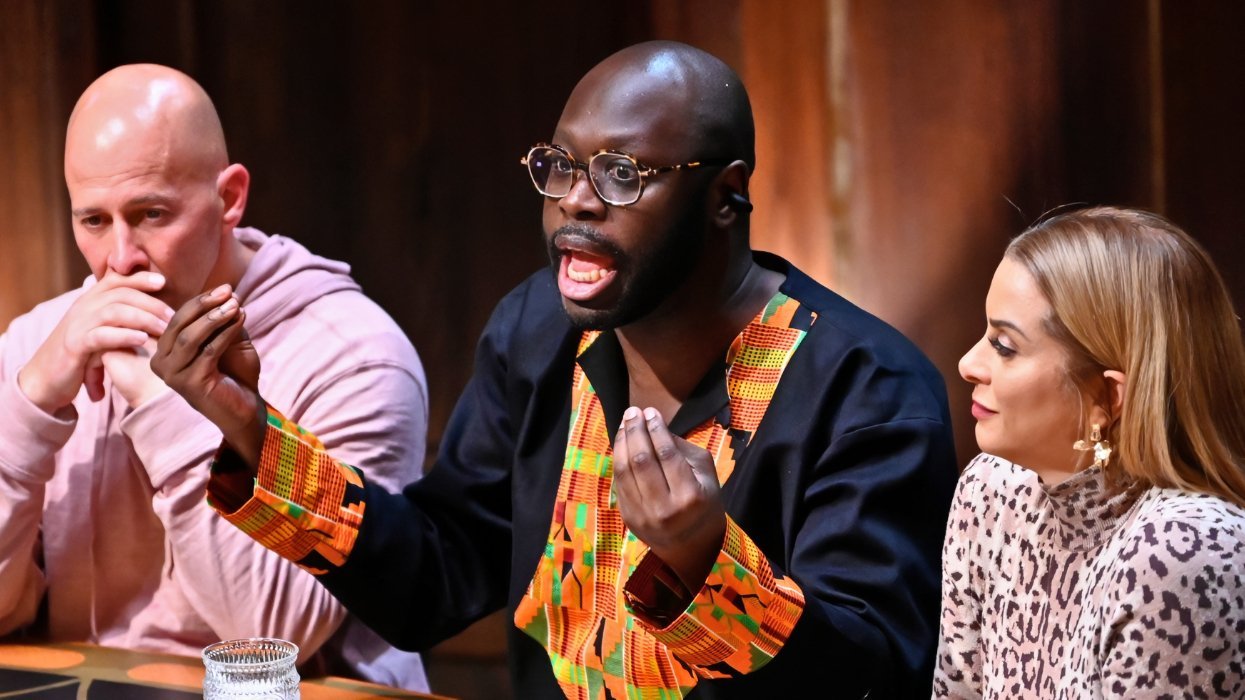
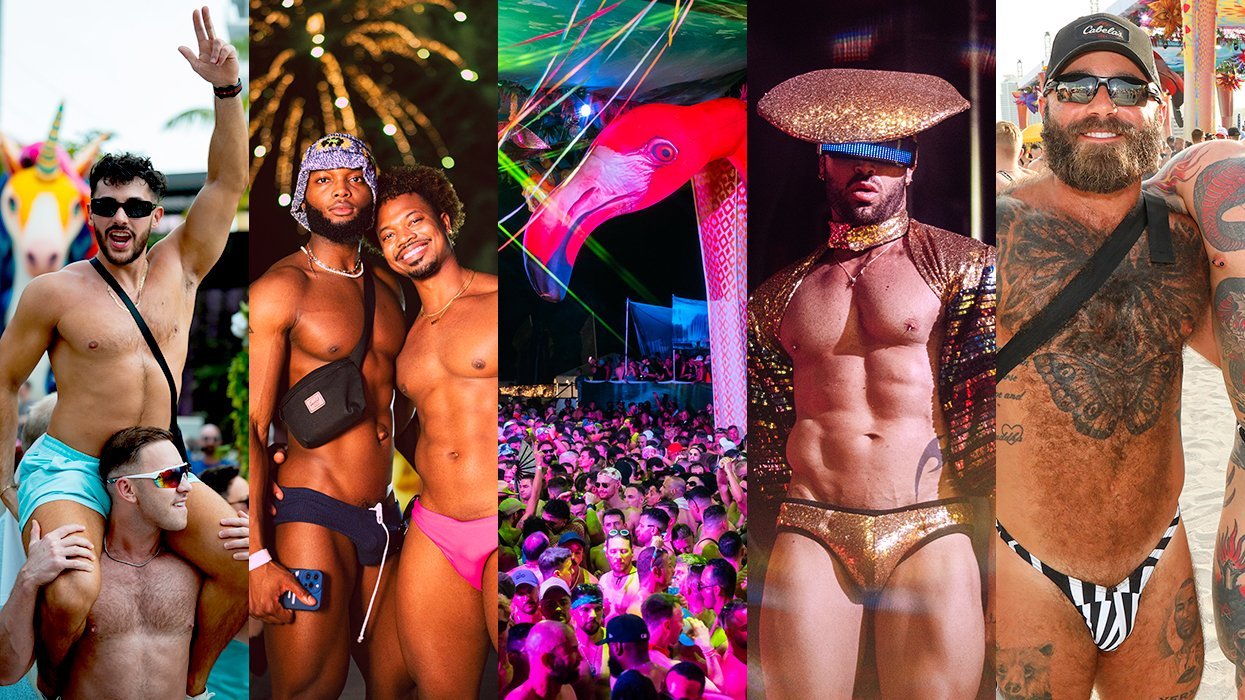

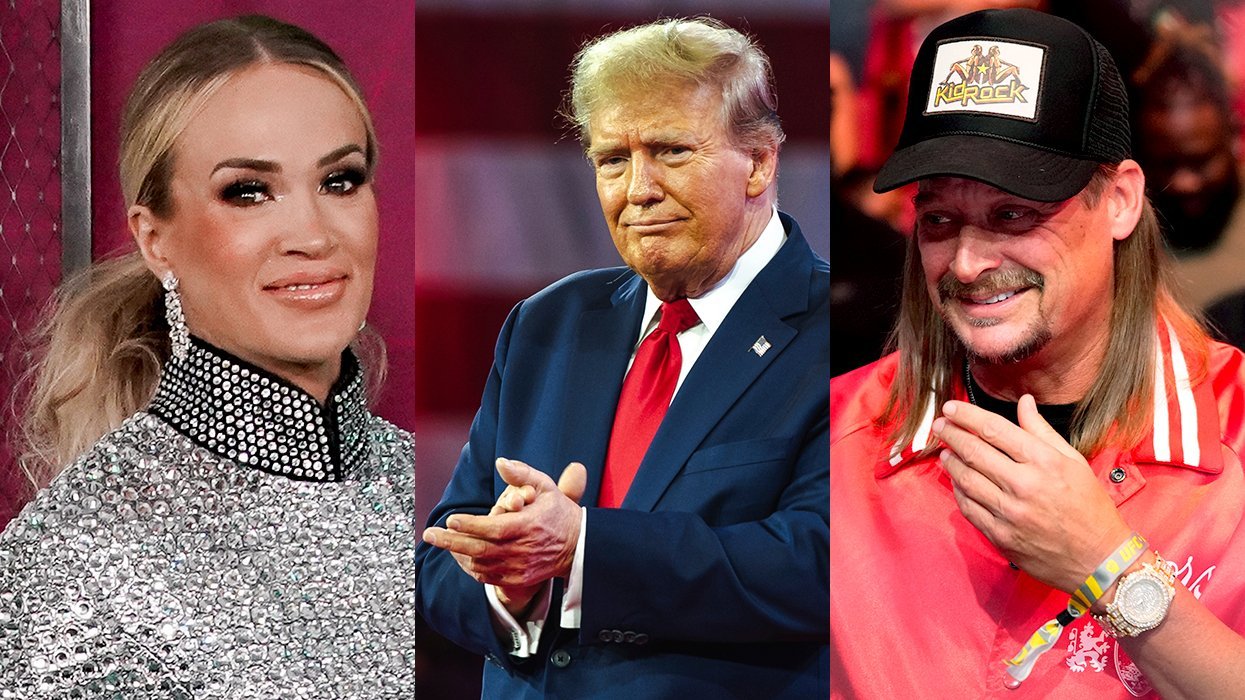
















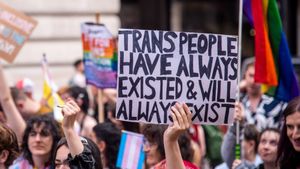

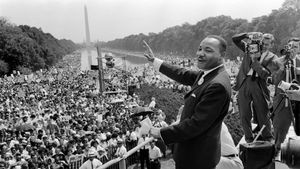






























Beware of the Straightors: 'The Traitors' bros vs. the women and gays